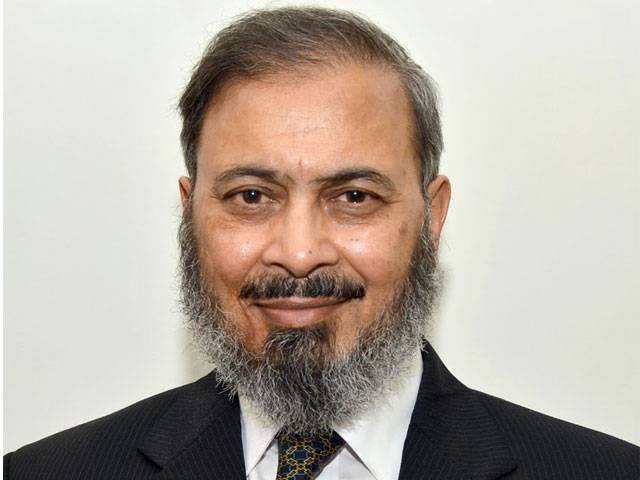KARACHI - The SBP Deputy Governor Saeed Ahmad has said that framework on Warehouse Receipt Financing will address various issues besides facilitating post harvest financing to the value chain actors including farmers, aggregators, traders and processors.
He was chairing a meeting of the Working Group for Draft Framework on Warehouse Receipts Financing to banks for their input before finalisation. The meeting was held at SBP Headquarters, Karachi.
The Deputy Governor Saeed Ahmad highlighted the importance of mass awareness of the initiative and advised to share with all stakeholders including farmers’ associations, business chambers, federal & provincial government, traders bodies and major corporate. He urged all stakeholders to ensure smooth rollout of the initiative and avoid possible pitfalls that might hamper the entire process with a national impact as paramount.
The forum agreed on SBP’s centralised management role of the initiative which should be piloted without further delay.
He reiterated that development of warehouse receipt financing is inevitable for improving the performance of the agricultural sector through well organised warehousing infrastructure, grading standards, collateral management, etc.
He emphasised on the specific roles of each player in the value chain including SECP, federal & provincial governments, commodity exchange, commercial & Islamic banks, insurance companies, warehouse operators, collateral manager, farmers’ associations and all other participants for the successful implementation of the initiative. The meeting was attended by the members of the working group including Tahir Mahmood, Acting Chairman, SECP, Abdul Qadir Tareen, Additional Secretary, Sindh Agriculture Ministry, Irfan Siddiqui, President & CEO, Meezan Bank, leading commercial banks, Islamic banks, International Finance Corporation (IFC) and ACE Control and Expertise Global (Pvt) Ltd.
On the concerns of one of the participant on costs of warehousing, the Chair said that the objective of the pilot is to have understanding of the actual costs and how to make it affordable and competitive for the farmers and other stakeholders. Considering substantial savings from prevention of wastage of grains and fruit and vegetable, he was pretty sure that the saving will outweigh the additional cost.
Friday, April 19, 2024
WRF to facilitate post harvest financing: SBP

Caption: WRF to facilitate post harvest financing: SBP
No damage to Iranian nuclear sites after Israeli airstrikes, says UN nuclear watchdog
12:50 PM | April 19, 2024
Ch Shafay visits Directorate of Consumer Protection Council
April 19, 2024
ECP reviews arrangements for by-elections in Punjab
April 19, 2024
Punjab’s price control initiative: A welcome step
12:33 PM | April 19, 2024
A Tense Neighbourhood
April 19, 2024
Dubai Underwater
April 19, 2024
X Debate Continues
April 19, 2024
Hepatitis Challenge
April 18, 2024
IMF Predictions
April 18, 2024
Kite tragedy
April 19, 2024
Discipline dilemma
April 19, 2024
Urgent plea
April 19, 2024
Justice denied
April 18, 2024
AI dilemmas unveiled
April 18, 2024
ePaper - Nawaiwaqt
Advertisement
Nawaiwaqt Group | Copyright © 2024





